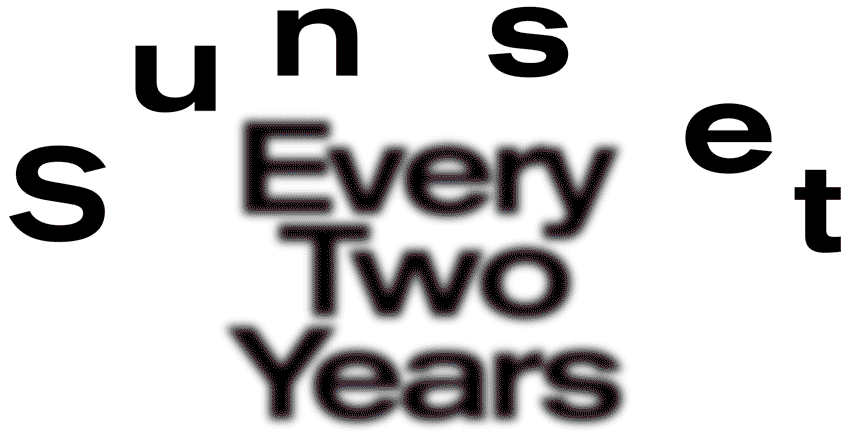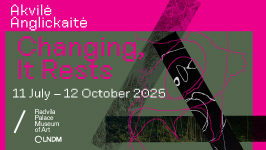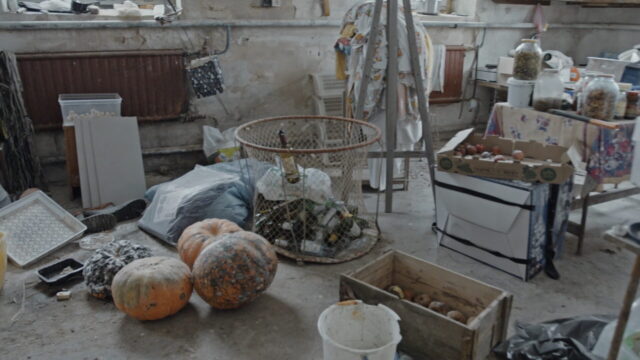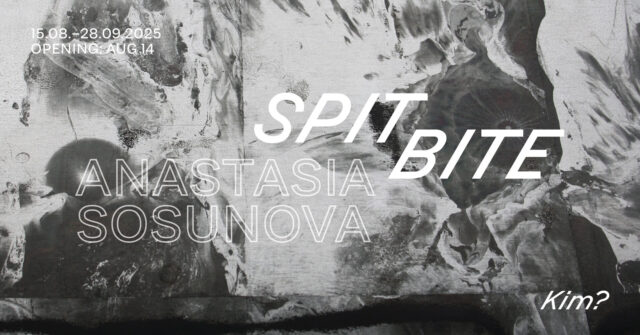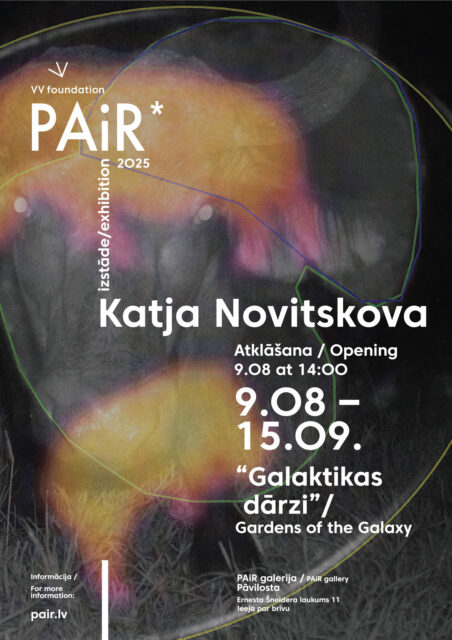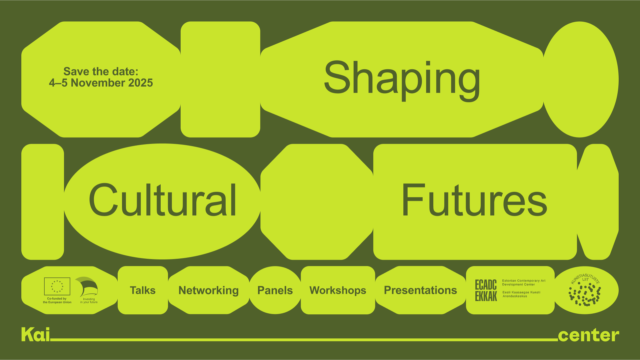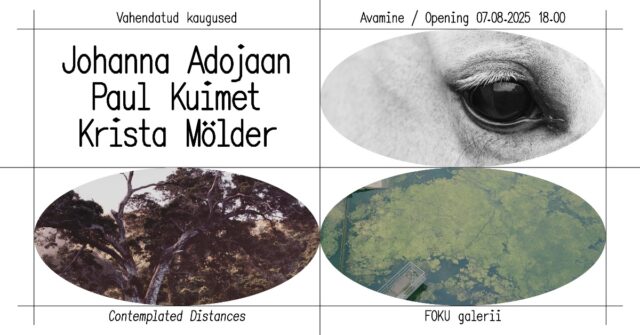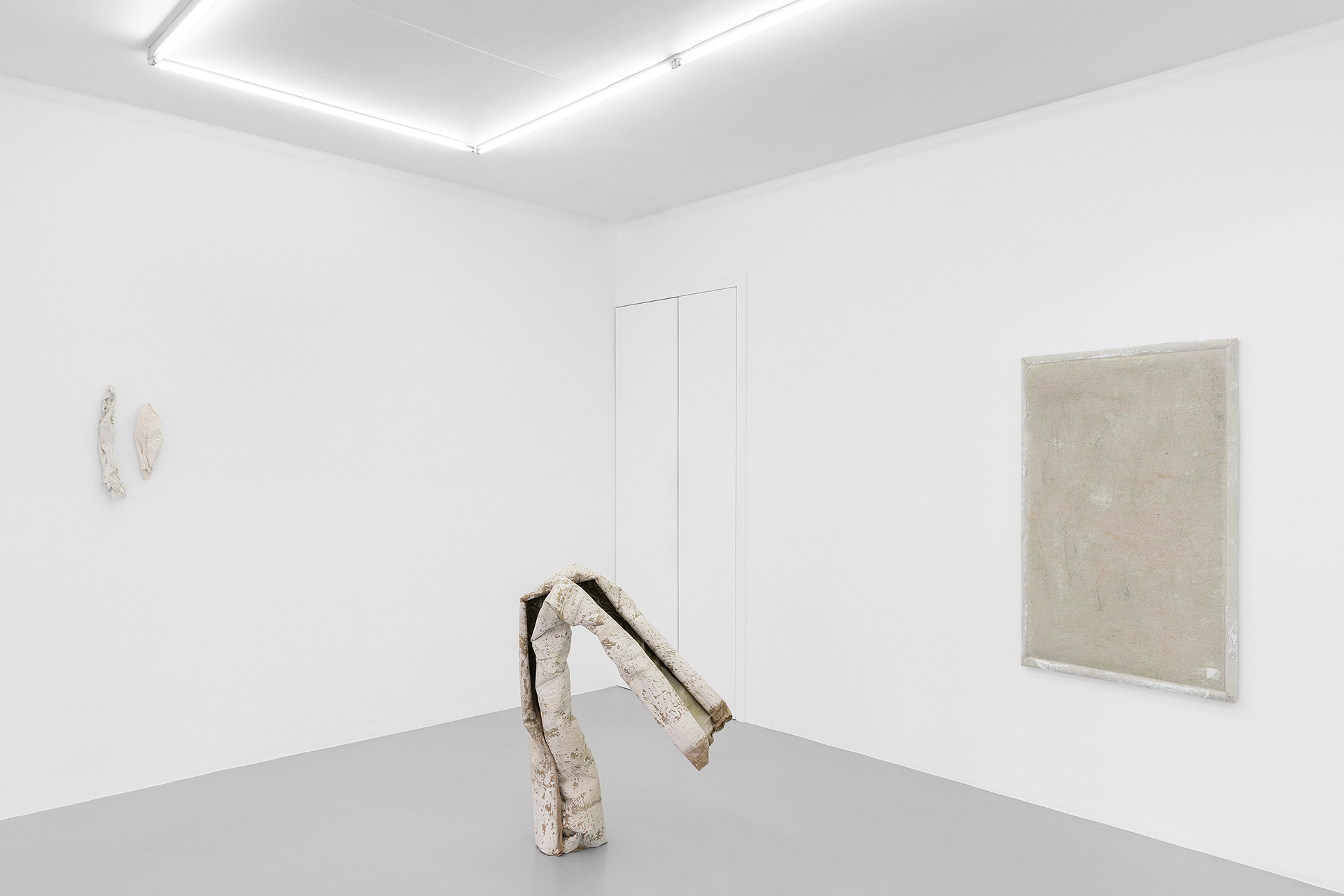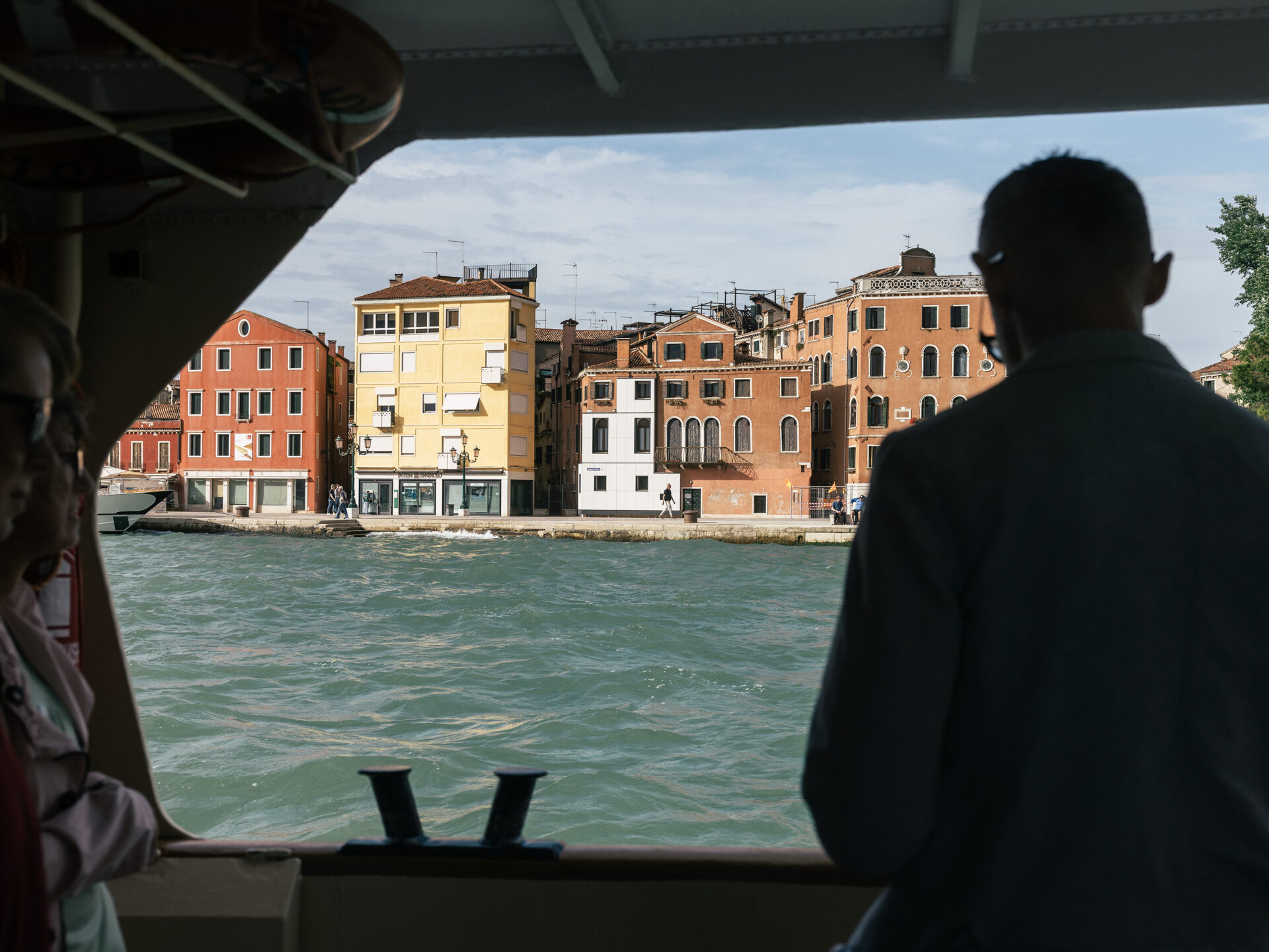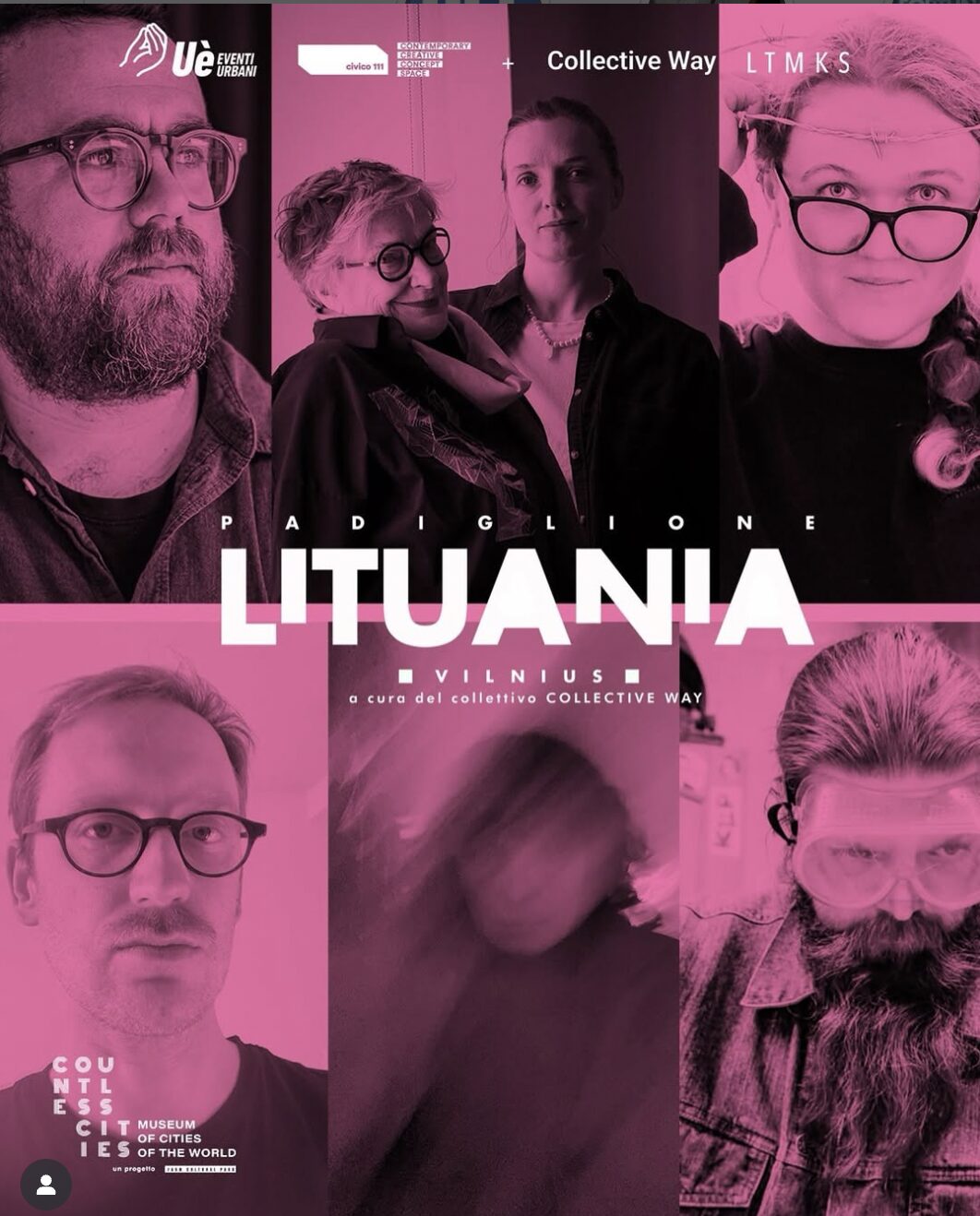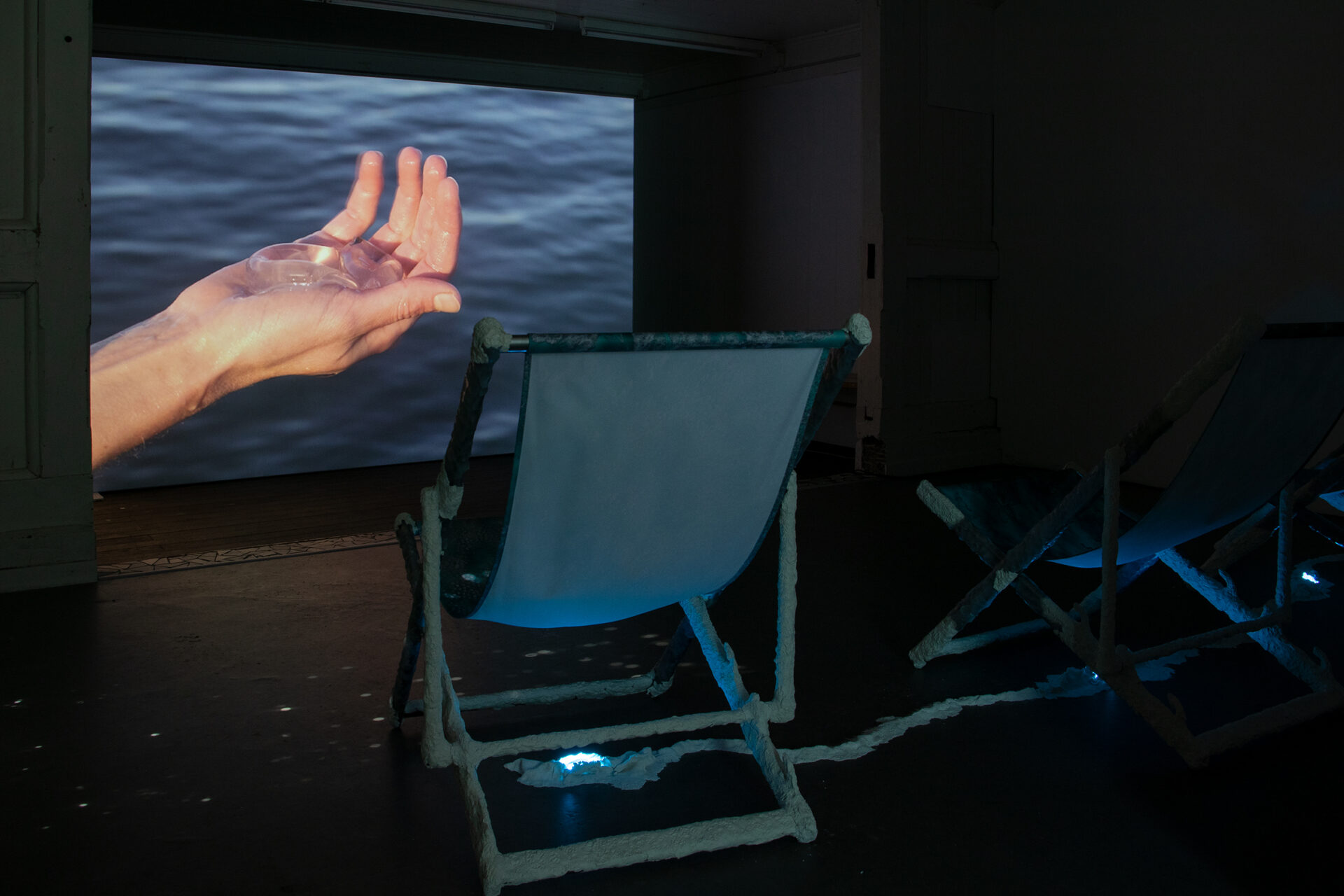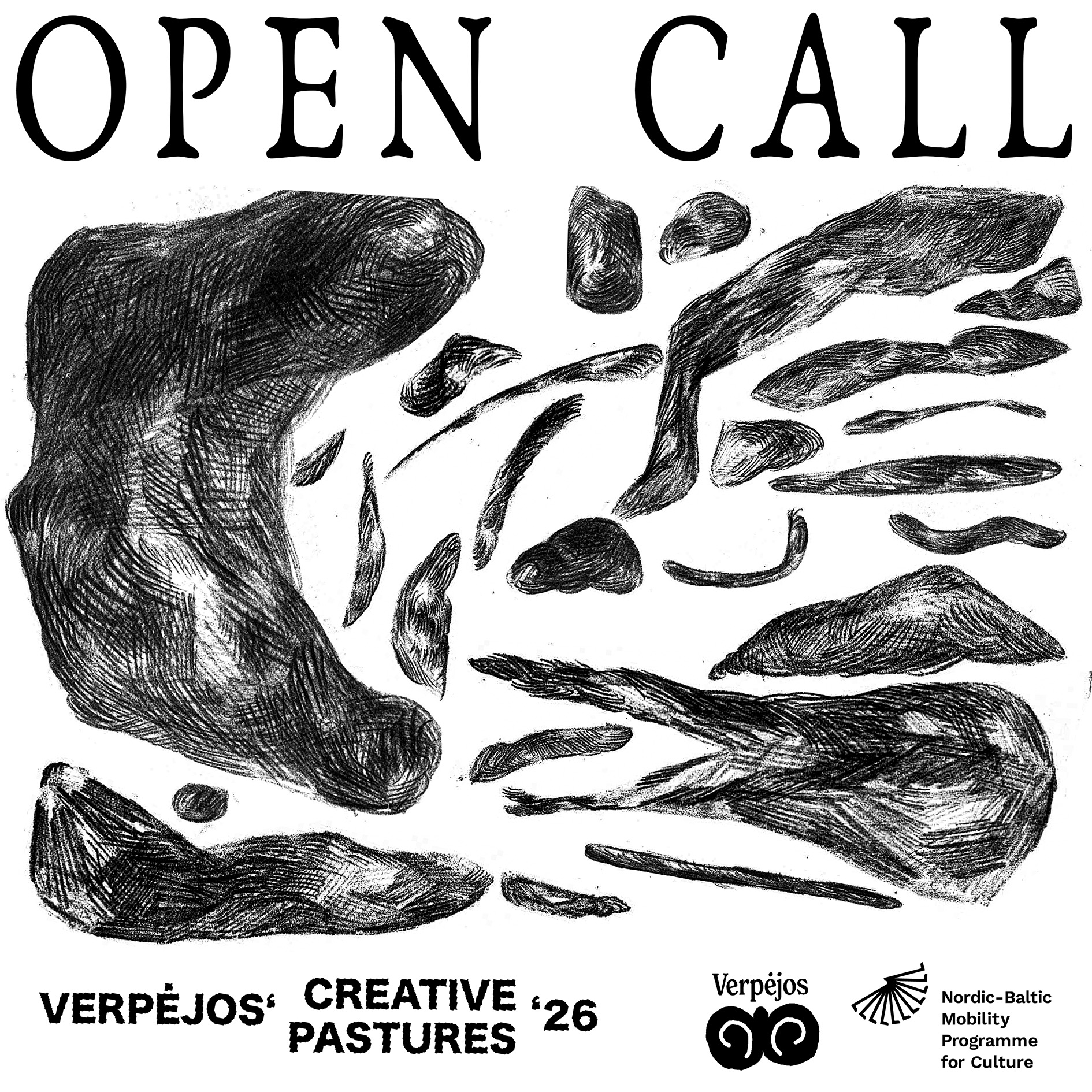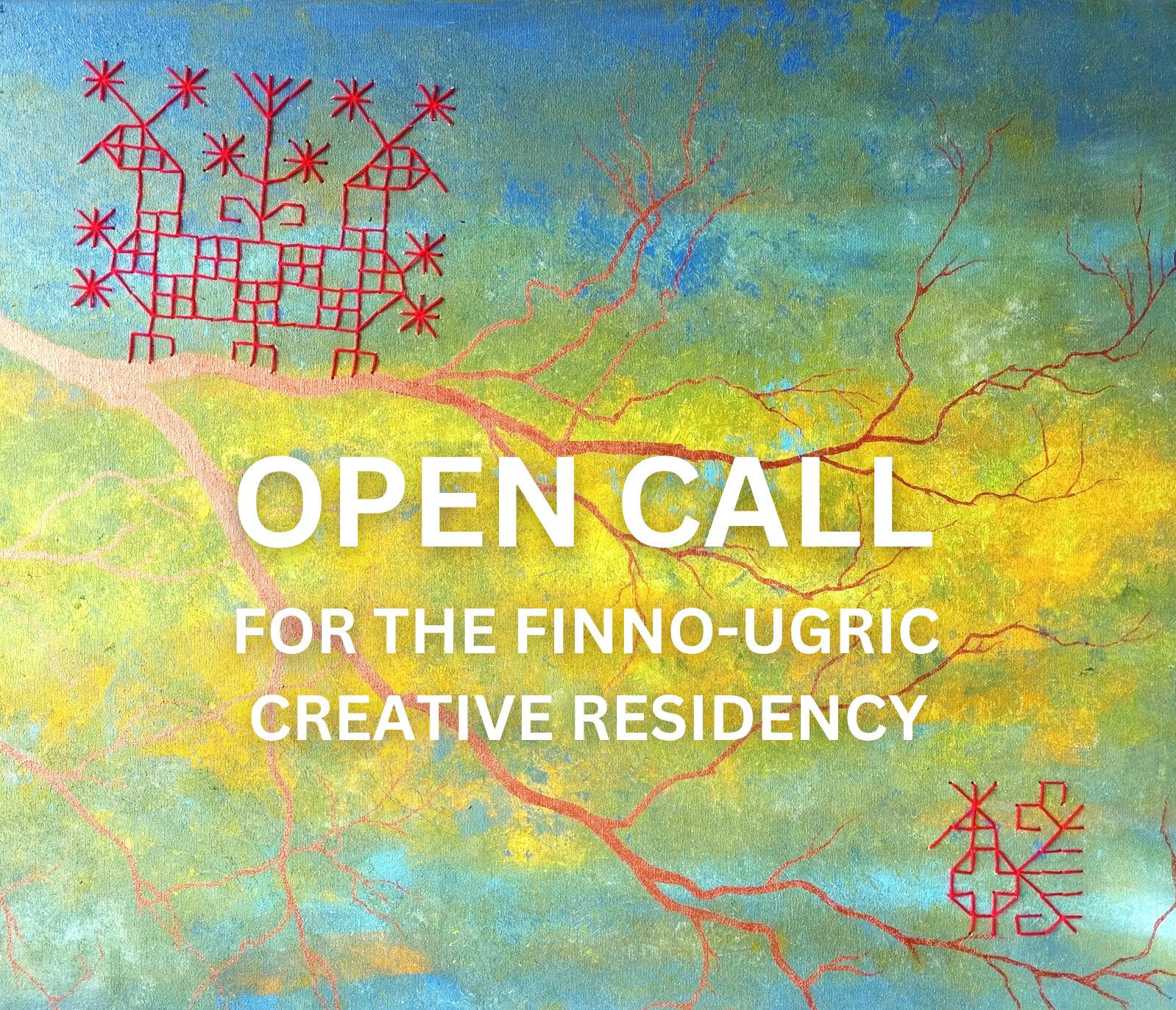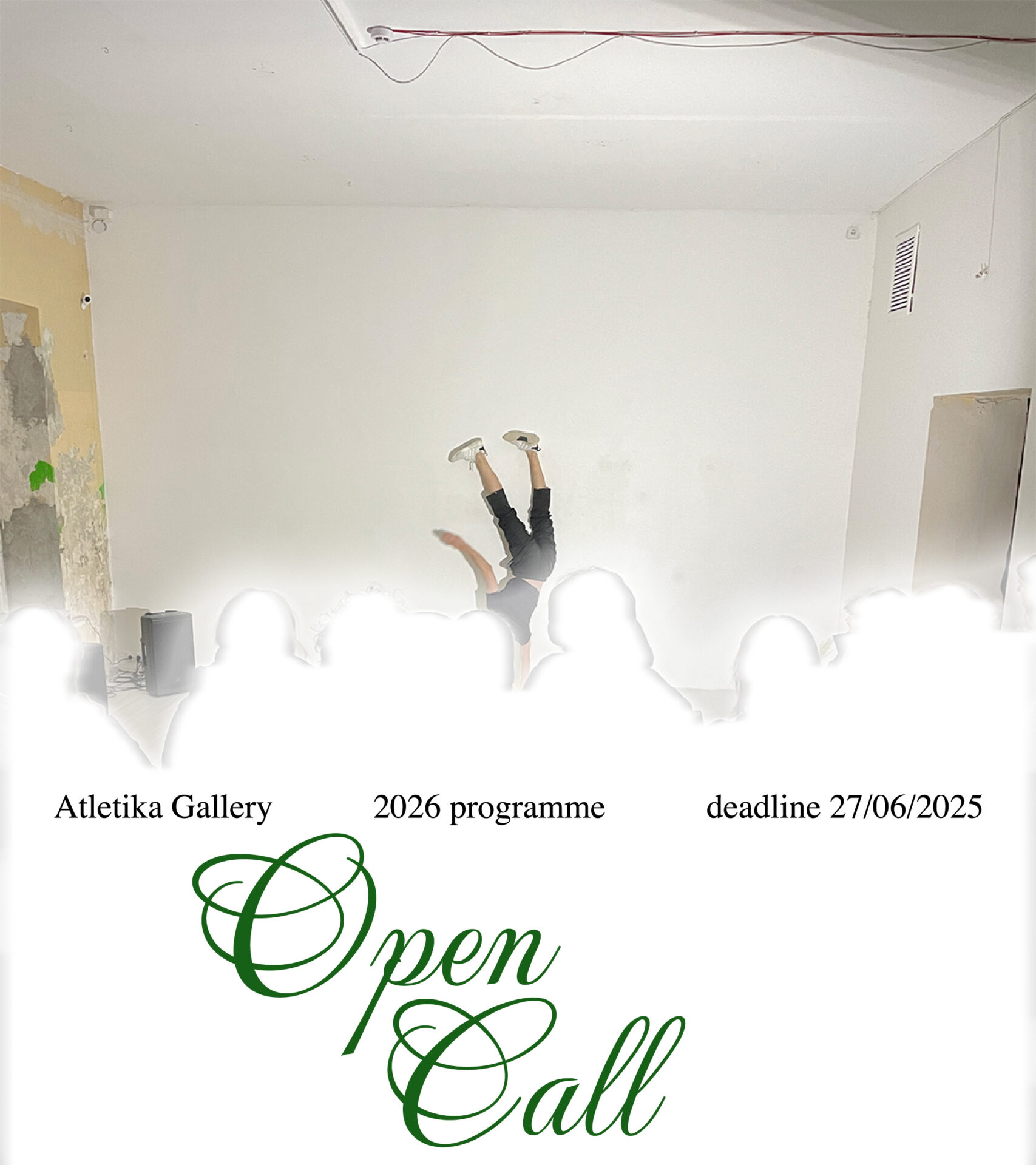
No Image Available
I.
The problem that critique faces today is that of its relevance in the world where even the most subversive strategies and actions—including ‘having fun’ and ‘making friends’—are capitalisable. It is a problem of inability to speak ‘from within the outside’ of this mode of capitalisation and represent any kind of exterior or alternative.
We might probably see the difficulty in applying what we know as ‘traditional’ forms of critique of ideology (here we can recall the descendants of Frankfurt school, including Adorno, Althusser, Horkheimer, Foucault, etc.) when trying to think of our ‘post-ideological’ times of acceleration. What should strike us (and by ‘us’ I mean at least those engaged in the practices of critique) as important is the cases when the critique is simply dismissed as irrelevant. Perhaps, we can say that one of the reasons of such dismissal is the usual claim that the tradition of what Ricoeur called ‘the school of suspicion’—i.e., the legacy of Marxist critique of capitalist economy, Nietzschean critique of morals and religion, and Freudian critique of the notion of human psyche—failed to produce any alternatives to the economical, social, and psychological organisation of our reality. For example, we are always reminded of the failed attempts to establish the state of equality, freedom, and social inclusion that would not be grounded on inequality, repressed freedom, and exclusion. It seems that the only set of options is either a path of acceptance of the ‘uncriticisable’ state of events, or some sort of reinvention and re-appropriation of the ‘old-fashioned’ critical narratives that would be relevant to the contemporary developments and discourses. Perhaps, critique needs to find its voice—again.
II.
At this starting point we can introduce a set of interconnected questions: what is the state of critique today in relation to the hyper-networked and globalised art market? Is critique necessarily destined to oscillate between the adjectives ‘progressive’ (embracing the progress in all its contemporary emanations and diving into the world of buzzwords and trends) and ‘anachronistic’ (relying on the ‘traditional’ forms of critique of ideology)? Does critique reflect on its relation to the contemporary realities of acceleration and post-institutional art? And further on, how do we criticise the very state of interconnectedness and inclusion that demands us to be available, efficient, and hyper-responsive—a state that demands us to respond effectively, when the very fact of hesitation and deliberation causes the loss of ‘social points’ or even casts us outside the representation and ‘marketable world’ altogether—i.e., beyond the processes of participation and effective decision making?
It is rather easy to observe that in accordance with the the functions of ‘befriending’ and ‘liking’ in Facebook, participation in any of the efficiency-oriented cultural networks (that include publishers, translators, curators, artists, and critics) is necessarily a ‘friendly’ affair: a relation either exists and it is ‘friendly,’ or there is no relation at all (e.g., quite (in)famously, Google’s motto “Don’t be evil” has the same logic of a totalising inclusion without alternative options of participation: it is either you are benefiting the corporation which is good, or you are on the side of ‘evil’). It should have already become clear that the demand to say ‘yes’ without deliberation is also a demand to be conductive to some sort of a content (e.g., a ‘marketable content’)—i.e., to cause no resistance in the network. And whenever we think—i.e., whenever we negotiate before saying ‘yes’ (‘yes sir/ma’am!’) or refuse to accept the very dichotomy of ‘yes/no’ (‘with us or against us’) in favour of the third possible option that is grounded on reflection—we are ‘causing problems,’ hence the resistance.((Here the parallel with the Bartleby’s paradoxical ‘I would prefer not to’ comes to mind. See “Bartleby, the Scrivener: A Story of Wall Street” (1853), a short story by the American writer Herman Melville. http://en.wikipedia.org/wiki/Bartleby,_the_Scrivener))
Critical thought often falls into a trap of having to choose between subscribing to (and therefore transmitting) the institutional and capital-based interests, or accepting the status of an ‘illegal immigrant,’ a sans-papier who must suffer the consequences of her refusal to ‘cooperate.’ What is at stake in both cases is precisely the status of critique that suffers from the lack of legitimacy: on the one hand it ‘walks the [Party] line’ and betrays its critical potential, and on the other hand, by choosing to be radically independent, it strays outside the zone of inclusion and becomes demonised and associated with the non-representables: outcasts, deviants, angry weirdos, losers, conspiracy theorists, bêtes noires. Having said that, is it possible to argue for a critical thought that would engage with the contemporary developments without having to submit to the institutional interests and, at the same time, without carrying the cross of an excluded deviant or a martyr that are deprived of legitimacy in the cultural actuality?
Surely it is not the case of demanding for some exclusive rights (e.g., a sovereign right to be excluded from the common affairs) or privileged positions that would guarantee some sort of an objective view from ‘above.’ However, there is obviously a paradox here: as far as participation and immersion are concerned, critique in itself signifies a refusal to participate (e.g., refusal to ‘have fun’), so how can we demand an inclusion of critique in a cultural actuality while knowing that critique should distantiate itself from institutions and social networks of legitimation? Tough question indeed.
III.
It is quite clear that self-distancing and withdrawal are not only essential for critical thinking, but they are the very conditions of possibility of reflection as such: we always need to ‘snap out’ in order to reflect on what we are immersed into. It is a cultivation of withdrawal that opens up the gap and produces the difference and productive tension between the states of immersion and reflection. But how do we react to those practices of critical distancing and, moreover, how do we react to the critique today when there is seemingly no way for us to snap out of the contemporary discourses of acceleration, inclusion, and capitalisation—i.e., the discourses that insist on the ‘efficiency,’ ‘collaboration,’ and ‘post-institutionalism’? Quite predictably, the range of reactions to a critique can be split into those of rejection and those of acceptance. I will argue that in both cases the reaction is determined by the same violent demand to be ‘constructive’ according to which critique either fails to fulfil this demand and becomes dismissed and marginalised, or it embraces the given conditions and becomes dependent on them thus ceasing to be ‘critical’ in the strict sense of the word.
In the case of dismissal and marginalisation, critique is often associated with something that ‘attacks’ for the sake of mere controversy—e.g., when one tries to ‘trip up’ the opponent only to prove one’s own righteousness. One of the most common strategies of such dismissal is to refuse to acknowledge the critique for what it is (e.g., to say something along the lines of “It’s not a legitimate critique, it’s not worth of our attention or any kind of serious engagement, it’s just a simple case of ‘sophistry,’ ‘jealousy,’ ‘rant,’ ‘incoherent blather,’ etc.”) Interestingly enough, the point of departure for this dismissive gesture can already be found (bare with me) in Plato’s Theaetetus, where he makes a distinction between the philosophical discussion and mere controversy:
It is the height of unreasonableness that a person who professes to care for moral goodness should be consistently unjust in discussion. I mean by injustice, in this connection, the behaviour of a man who does not take care to keep controversy distinct from discussion; a man who forgets that in controversy he may play about and trip up his opponent as often as he can, but that in discussion he must be serious, he must keep on helping his opponent to his feet again.((Theaetetus 167e-168b; translation taken from M. Burnyeat, The Theaetetus of Plato, with a translation of Plato’s Theaetetus by M.J. Levett (Indianapolis: Hackett Publishing Company, 1990) ))
According to Plato’s model, if there is seemingly no contribution to the clarification of the position that is being criticised, then the result of critique is ‘mere controversy.’ Contrary to the controversial relation with the matter of discourse, a ‘serious’ dialogue can be seen as an attempt to clarify opponent’s position instead of dismissing it on the grounds of one’s own ‘righteousness.’ Despite its antiqueness, this Platonic distinction can be rather indicative of how we distinguish between the so-called ‘constructive critique’ and ‘mere hostility’ toward the contemporary developments today. Here I must note that the notion of clarification that Plato had in mind is much broader than just an affirmative (‘constructive’) critique that ‘helps an opponent to his feet’ in terms of support and agreement—it encompasses both constructive and deconstructive engagements, and it is the latter that can give a new meaning to what Plato meant by ‘clarification.’
IV.
I used this parallel in order to reflect on the situation when we are too quick to dismiss the critical engagements as ‘mere controversy’ in Plato’s sense because we accuse them of being ‘non-constructive.’ Let us ponder about what the demand to be ‘constructive’ entails. Constructive critique is expected to reduce itself to the level of some sort of an immune system which is supposed to guarantee the survival of the whole body of ‘progressive ideas’: extend its limits, eliminate its weaknesses, strengthen its grasp, and develop new forms of persistence. By way of highlighting and revealing the weak spots, ‘constructive critique’ offers a way to better things in terms of improving a given construct. Most importantly, it is necessary that the constructive critique uses the resources and concepts of the very object it sets to criticise without actually questioning its conditions of its possibility.((For example, a libertarian politico-economic critique that focuses on the problem that we cannot ‘help the poor’ as effectively as we should, however it does not even consider questioning the necessity of the very structure of values that establishes the notion of ‘the poor’—i.e., it does not ask: poor in what? Therefore, from such a ‘constructively’ critical point of view, the biggest problem is how to make ‘the poor’ more rich—i.e., how to incorporate them into the competitive structure of distribution of capital; any kind of possibility that it is the very capitalist model that is the main factor that causes the problem is simply out of the question.)) Therefore the very construct remains untouched, unquestioned, unreflected upon because the ‘constructive gesture’ is expected to contribute to the efficiency of a given development. It exemplifies the ‘survivalist’ mode that provides the sense of immunity without being critical of the very structure it helps to sustain and without being critical of the very idea of immunity.
Immunity is at work here in terms of the necessity to protect ourselves from the corruptive influence by sterilising, containing, isolating, excluding, building fortifications and firewalls. We can be most certain that whenever someone insists that the given state of affairs is the only ‘good,’ then it is definitely haunted and structured by an idea of absolute immunity—an idea that it is possible to posit something pure and protected from what threatens to destroy it, something that is immune from contamination or self-doubt. It is easy to see how any kind of restriction to question the conditions of givenness (institutions, trends, zeitgeist, what effectively drives the culture today, etc.) leads us to believe that the given state of affairs is a singular way of being, a singular ‘choice without alternatives’ and it can only be affirmed as inherently and unconditionally ‘good.’ No wonder that under such conditions the critique that questions the given construct can be simply dismissed as an ‘existential error.’ It is seen either as an insignificant effort that can be ignored, or a destructive threat that needs to be contained. It is the idea of absolute immunity that is at work whenever the critique is given a bad reputation or even worse—when it is demonised, underrepresented, excluded from the discourse under the pretext of negativity; when it is dismissed as unconditionally bad, evil, destructive, antagonistic, devoid of any potentiality or redemptive dimension—i.e., absolutely negative and unproductive, inefficient, against the ‘spirit of time,’ anti-zeitgeist, etc.
Critique can respond to such demonisation in two ways. On the one hand, it can accept its status of a failed project therefore turning into some sort of a defeated outcast. For a critic, defeat becomes part of her identity, even if the very notion of defeat is articulated in the terms of the dominant paradigm that is supposed to be criticised. In such cases critique no longer considers itself an option, but a failure.
On the other hand, critique can resolve the crisis through the affirmation of the guilt and its own impotence in a rather Christian way: by repenting and self-punishment. We can almost see the trajectory of reconciliation: first, critic becomes a recluse and a deviant, then a martyr, and finally a converted (enlightened) functionary. At the end of this trajectory, a former critic resolves the crisis and embraces the ‘constructive.’
V.
However it would be naive to limit ourselves to such a dichotomy. Instead of accepting the role of a victim or an immune system, critique can set forth the goal to denounce ‘absolute immunity’ and other ideals of purity as impossible. And it is precisely in this sense that critique becomes recognised as a deconstructive project which insists that everything is autoimmune insofar as everything contains the threat that renders it vulnerable and, by the same token, susceptible to critique. Everything—all life—is subjected to autoimmunity which designates an unconditional contamination of ‘itself’ by something which is other than itself. As Hägglund succinctly puts it in his Radical Atheism,
[w]hatever is desired as good is autoimmune, since it bears within itself the possibility of becoming unbearably bad.((Martin Hägglund, Radical Atheism: Derrida and the Time of Life (Stanford: Stanford University Press, 2008), p.9.))
It is in this sense that the deconstructive critique denounces the possibility of some privileged stance of immunity. Critique therefore emerges as a reaction to an encounter with anything that is given to us as immune to the processes of thinking, reflection, critique, deconstruction—i.e., when we become witnesses of repression, sterilisation, isolation, and representation as ‘pure.’ To be beyond critique (to be uncriticisable) would mean to be necessary—i.e., without alternatives, without conditions, and it is needless to say that for critical thought such possibility is simply unthinkable.
The task of critique is not to demand or prove that there is the right interpretation or the truth in accordance to which everything and everyone should function. Quite on the contrary, it tries to show how any dominant paradigm, by way of establishing the conditions of its domination, represses and affects ‘the other,’ ‘the rest,’ etc. It always delineates what is sacrificed (or payed as a price) in order for something to be. It does not necessarily mean that critique mourns the loss of some ‘good times’ when the meaning was ‘present’ in a ‘better’ form; it tries to avoid this nostalgic mode. The project of critique is always recognisable as an enquiry into any kind of current power relations and in the way those relations acquire new forms in accordance with the changing times. And by doing that it always sets itself against totalisation in any (especially political) sense.
Critique therefore sets out the task of bringing the violence of the hierarchy to light by exercising the very power of judgement—i.e., the power of thinking as such—under the changing historical conditions. Thus everything can be and is subjected to this power insofar as everything is subjected to thinking. The problem, however, arises whenever a certain discourse tries to establish the zones of ‘non-thinking’ where reflection—the exercise of what we so eagerly call ‘freedom of speech’ and ‘freedom of expression’—is restricted, repressed, or suspended for any reason. What criticism sets out to do is precisely to focus on the instances of such restrictive conditioning.
It is rather easy to dismiss critique either as a form of paranoia (when it is considered as dangerous for the ‘common good,’ ‘friendly state of events,’ ‘productivity,’ etc.), or as a desperate and useless attempt to see the ‘conditions of possibility’ everywhere; or demand it to become ‘constructive’ so it could benefit the given state of affairs. What is much harder to do is precisely to think and engage with critique—i.e., to acknowledge it as a form of dialogue where we are all equal in our attempts to grasp the meaning of things without antagonising the relation between the ‘successful ones’ who caught up with the contemporary forms of cultural ‘game’ and ‘refuseniks’ who are seen as ‘poor in the game.’
So, how should contemporary critique find its voice? Well, refusal to be victimised and demonised could be a good starting point.

